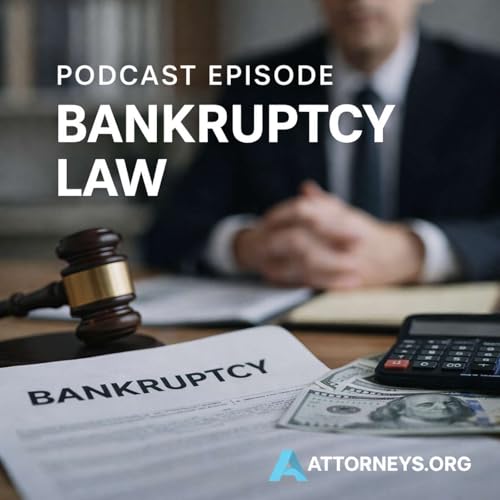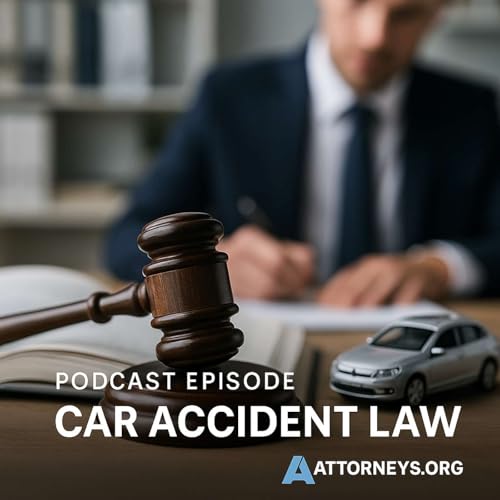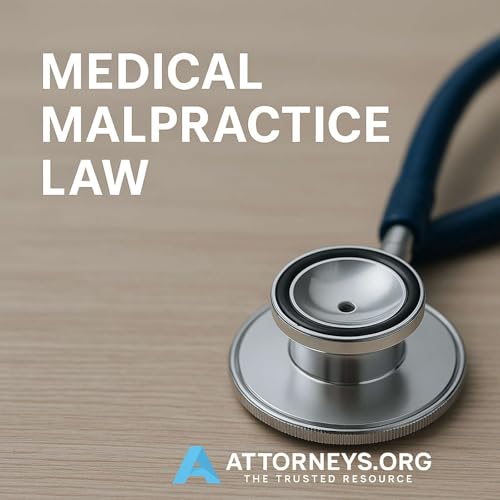Presented by Attorneys.ORG – The Trusted Resource for Legal Help
Business Information:
Name: Attorneys.ORG, The trusted legal directory to help you find the right injury attorney near you.
Website: https://www.attorneys.org/immigration
PODCAST:
If you or a loved one has been injured at the hands of another individual or company, there are 3 important reasons you should not wait to consult with a personal injury lawyer.
- Statute of Limitations; Legal Time Limits that Can Block Your Case
- Evidence Disappears
- No Fees Unless You Win Your Case
Statute of Limitations (Legal Time Limit)
Personal injury cases have a statute of limitation - a time limit for bringing a legal claim against the person or company who caused you injury. If you don't file your case within the applicable statute of limitations, your case will be barred.
If your case is barred, you won't be allowed to file suit and you won't receive financial compensation for your medical bills, lost wages, property damage, pain and suffering, loss of consortium, and the like.
While injury related statutes of limitation usually range from 1 to 4 years, they vary greatly from state to state. It's in your best interests to consult with a personal injury lawyer licensed in your state to find out how much time you have to file.
Evidence (Disappears)
Evidence is always best preserved as close to the time of an injury as possible. The further away from an event, witnesses have trouble remembering what they saw and heard and physical evidence can disappear.
As soon as a personal injury attorney accepts your case - and perhaps even before - he or she will investigate your case to determine what happened, potential causes of action, possible defenses, gather evidence, figure out what your case is worth, and whether the defendant will actually pay if the jury finds in your favor.
No Fee (You Have Nothing to Lose and Everything to Gain)
You actually have absolutely nothing to lose by consulting with and hiring a personal injury attorney. You only pay attorney fees and expenses if you win your case. If you don't receive financial compensation, you owe your PI attorney nothing at all.
Plus, case evaluations are done at no charge and no commitment.
Where to Find a Personal Injury Lawyer
You are welcome to use our free and private website, Attorneys.ORG, to find and select a personal injury lawyer. In addition, if you have a loved one, who has had a good experience with a PI attorney, you can ask for a referral. Lastly, the local bar association likely has a list of lawyers.
Free Case Evaluation
If you or a loved one has been injured by an individual or a company, you may be able to recover for your losses and pain and suffering. Be sure to consult with a qualified person injury attorney ASAP to make sure that your case is not blocked by the statute of limitations and evidence is not lost. Your case evaluation will be free and at no obligation.
And, for a bonus reason, to consult with a PI lawyer ASAP: You'll have increased peace of mind and will be able to focus on your own healing as soon as you do. The sooner, the better. Best of luck.
Personal injury law is tough - but finding the right attorney shouldn’t be. Visit Attorneys.ORG today to start your search.
 3 m
3 m 1 m
1 m 2 m
2 m Jan 23 20265 m
Jan 23 20265 m Jan 9 20262 m
Jan 9 20262 m 6 m
6 m Dec 19 20252 m
Dec 19 20252 m Dec 12 20254 m
Dec 12 20254 m
